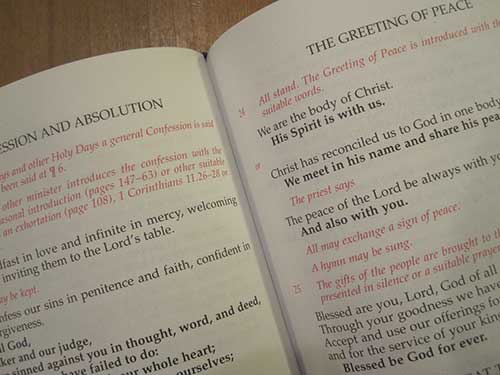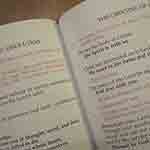
Someone recently told me about “different approaches to law”. I asked him to write it down, this is what he wrote:
Sir David Tweedie, Chairman of the International Accounting Standards Association, said there were different cultural approaches to laws:
The British Approach, where everything is permitted unless it is prohibited.
The German Approach, where everything is prohibited unless it is permitted.
The Bulgarian Approach, where everything is prohibited even if it is permitted; and
The Italian Approach, where everything is permitted especially if it is prohibited.
OK, it’s a bit of a laugh (I found similar points here), but the primary point is still worth considering.
Some cultures, some languages, have a central authority for their language. In those (non-English languages), a central authority decides the spelling of words, what is allowable, and what is not. The English language is not like that. English has no central authority. Ask an English teacher on what basis they are distinguishing between “which” and “that”, or when to use a comma or a capital letter. Dig down and you will find there is no agreed authority for making these decisions. For English, the authority is dispersed, and one organisation or publishing company may have quite different conventions from the next one. There is a clear parallel to that English form of Christianity – Anglicanism. Anglican authority is dispersed and localised. And it changes.
Obviously tongue in cheek (and that, in the case of this story, is not a pun), I tweeted that the (recent) abandonment of the ornaments rubric could (following the slippery-slope argument so popular currently in another {endless} Christian debate) lead to the fully-naked-in-a-church-service option presented in the tweeted article. A tweeted reply reminded me of the “normative principle” (which holds that in worship you can do whatever the Bible doesn’t forbid). The normative principle stands in contrast to the “regulative principle of worship” -that you must do and can only do what is commanded or given an example of in the Bible.
All in all, when we see rubrics, rules, and other instructions for worship, we may have to (following Sir David Tweedie) determine the “culture” of the rubric, rule, or instruction giver(s). And we also need to be aware and honest about our own “culture”.
I regularly come across people pontificating (and I use that word on purpose) about some rule or practice being a gnat – implying that Jesus condemns you as a blind guide if you regard that particular thing as important. Protestantism has a natural tendency towards each person being his or her own pope. It becomes an easy put down then, doesn’t it, that your own ranking of what is important (from your camel to your gnat) is somehow universally correct whilst another’s different ranking isn’t.
If you appreciated this post, do remember to like the liturgy facebook page, use the RSS feed, and sign up for a not-very-often email, …




That’s a helpful reminder, Bosco, that what is appropriate is often determined by it’s reception; ie what others think.
Many Blessings